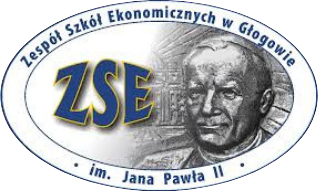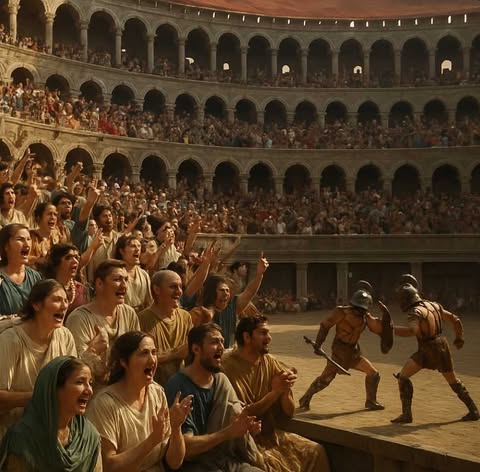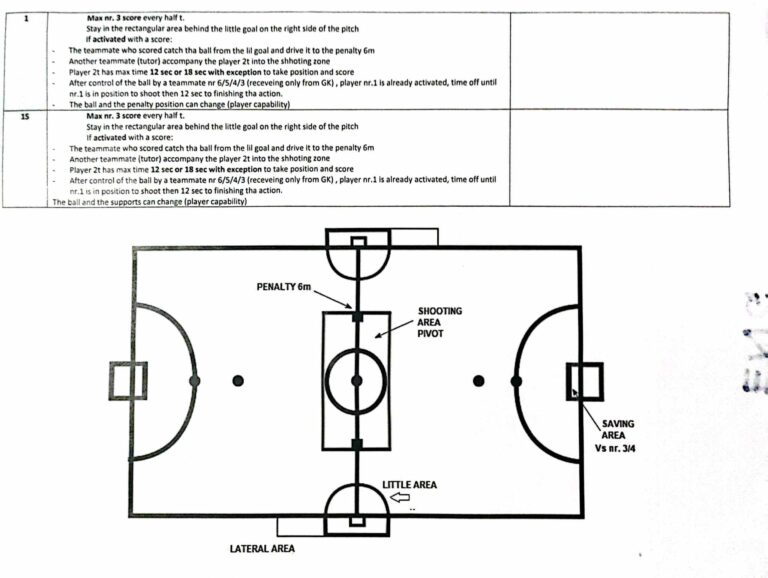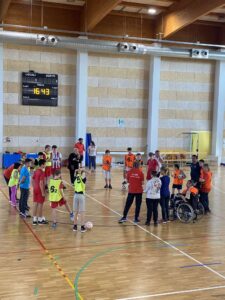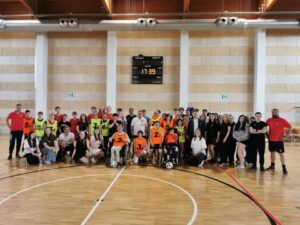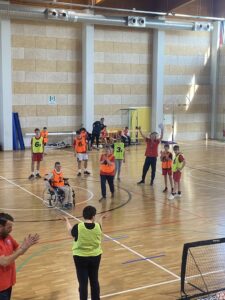Integration in sport
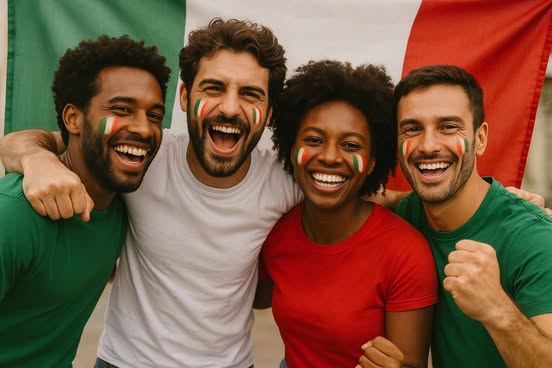
In Italy, sport plays an important role not only in physical health but also as social integration. In cities such as Rome and Milan, sports clubs help to integrate people of different cultures, religions and nationalities. .
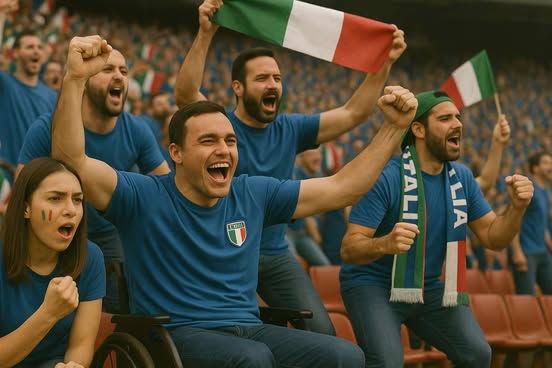
Sport also supports people with disabilities – giving them the chance to take part in activities and to actively participate in society. Sport has great potential for building a more open and inclusive society
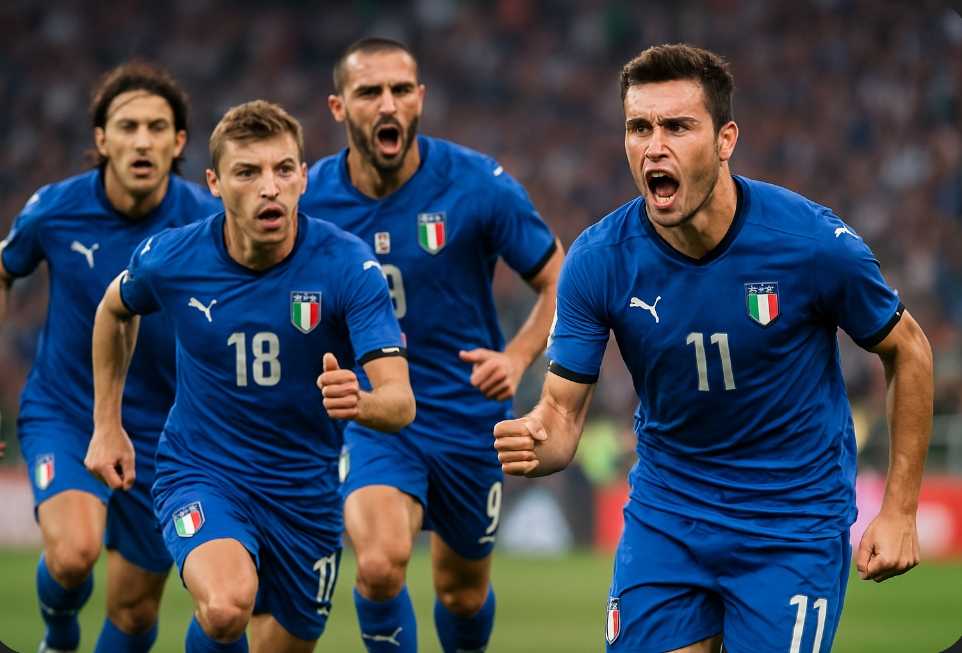
As a result of the growing number of migrants and refugees, initiatives such as “Sport e Integrazione” are being developed to support their integration into society. Football in particular, the most popular sport in Italy, often becomes the first step towards the integration of society.
The Holy Games
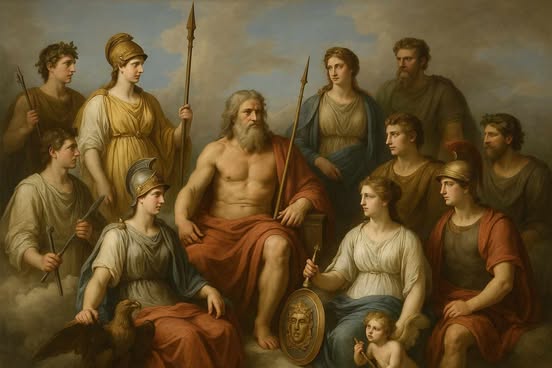
Ancient sacred games in Italy were religious-sporting celebrations organised mainly by the Etruscans and Romans to honour the gods. They consisted of sports competitions, chariot races, gladiator fights and theatrical performances, held in a religious context, often on the occasion of festivals in honour of deities such as Jupiter.
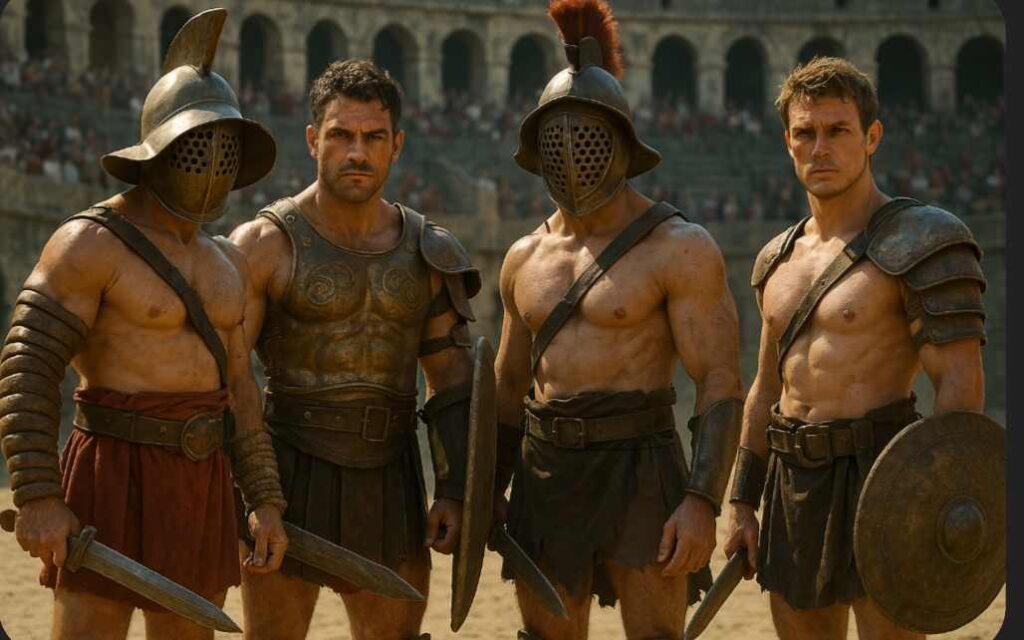
In Rome, gladiatorial combat first took place in 264 BC. The spectacle was held in honour of Junius Brutus, arranged by his two sons. Situations like this were later to occur even more frequently in Roman history – In 62 BC. Metellus Scipio held bloody games in memory of his father, Sulla did the same in 59 BC and Julius Caesar was the first to hold gladiatorial combat for a woman, his daughter Julia.
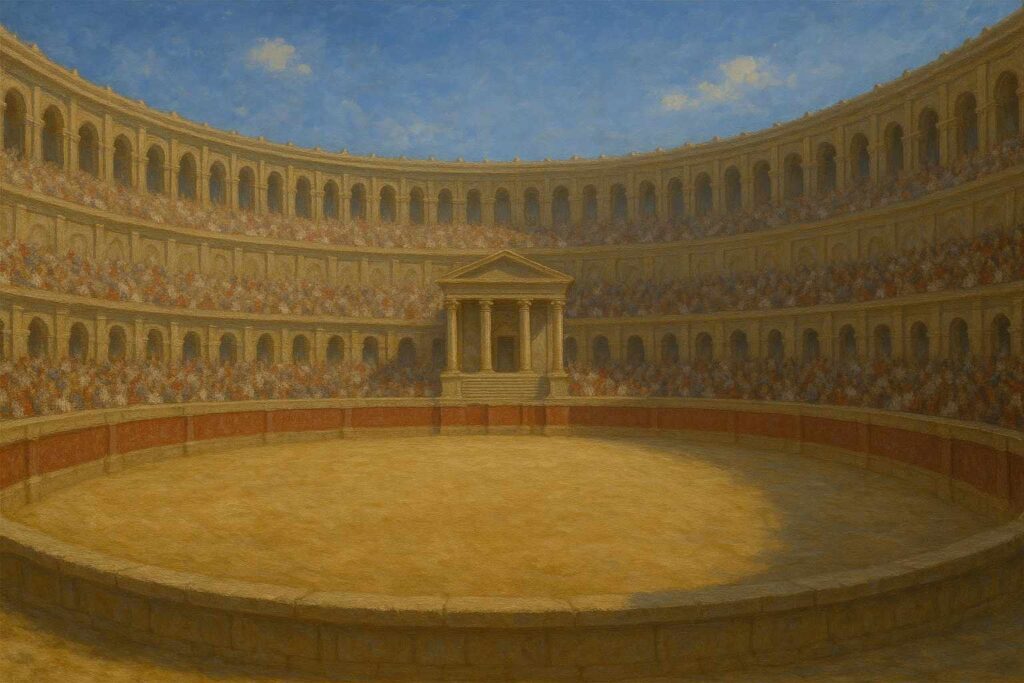
In the early days, the site of gladiatorial combat was the Roman Forum. During the reign of Augustus, an amphitheatre was built – a structure dedicated to this type of entertainment. However, it was only a makeshift building made of wood, and around the year 80 a gigantic amphitheatre was built that could accommodate 50000 spectators – the Colosseum. Gladiator fights were also held in other places, such as the Grand Circus.

Types of spectacle:
– Gladiatorial fights – brutal but extremely popular; competitors could gain fame and freedom.
– Chariot races – exciting, divided into factions (e.g. Reds, Greens), resembled today’s football.
– Wild animal hunts (venationes) – took place in an arena, often involving exotic animals from Africa and Asia.
– Naumachia – reenactments of naval battles, even in artificially flooded arenas.
